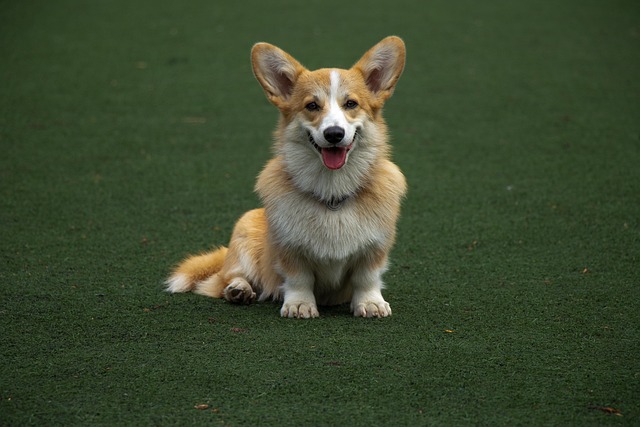
How do i train my dog to be obedient?
Watching your dog dart across the park ignoring your calls isn’t just frustrating—it can put them at risk near busy streets or public spaces.
Puppies aren’t born knowing where to go potty—those tiny bladders and developing brains mean accidents are part of the deal, no matter how cute they are. Most start getting the hang of house training between 4 and 6 months old, but don’t stress if your pup takes longer. Small breeds often need more time than larger ones; their bladders are tinier, holding less and emptying faster. It’s not about being “stubborn”—it’s just biology.
Consistency beats cleverness every time. Take them out first thing in the morning, right after naps, and 10 minutes after eating or drinking. Use the same door each time, and stick to a routine—puppies thrive on predictability. When they go in the right spot, celebrate like it’s a holiday: high-pitched praise, a tiny treat, maybe even a quick play session. They’ll start associating that spot with good things, and that’s how habits stick.
Accidents happen, even to the most patient owners. If you catch them mid-mess, a calm “uh-oh” and a gentle scoop to the yard works better than yelling. Scolding or rubbing their nose in it just scares them—they won’t connect the punishment to the accident, just to you being upset. Clean up thoroughly with an enzyme cleaner; leftover smells will make them think that spot is fair game next time.
 Nighttime is a different challenge. Most puppies can’t hold it through the night until they’re 3 to 4 months old. Set an alarm to take them out once or twice—yes, even at 2 a.m. It’s exhausting, but skipping those trips means more messes to clean. Gradually stretch the time between night visits as they grow; by 6 months, many can sleep 7 to 8 hours without needing to go.
Nighttime is a different challenge. Most puppies can’t hold it through the night until they’re 3 to 4 months old. Set an alarm to take them out once or twice—yes, even at 2 a.m. It’s exhausting, but skipping those trips means more messes to clean. Gradually stretch the time between night visits as they grow; by 6 months, many can sleep 7 to 8 hours without needing to go.
Breed quirks play a role too. Some herding breeds, like border collies, catch on faster—their eagerness to please works in your favor. Hounds or terriers might get distracted by a cool scent mid-potty break, taking longer to focus. It’s not a race; comparing your pup to a friend’s “perfect” puppy will only frustrate you both. Every dog learns at their own pace, and that’s okay.
Socialization and house training go hand in hand. Puppy classes are great for learning, but make sure they’re fully vaccinated first—local laws often require certain shots before group settings. While out and about, carry waste bags—most public spaces mandate cleaning up after your dog, with fines for slacking. It’s part of being a responsible owner, and it teaches your pup that potty time happens in specific places, even away from home.
By 8 months, most puppies are reliably house trained, but don’t be surprised by occasional slip-ups. Stress—like a new pet, a move, or even a thunderstorm—can throw them off. A sick tummy might mean an accident too. If accidents become frequent, check with your vet to rule out infections or other issues. It’s rarely about defiance; more often, it’s a sign something’s off.
House training isn’t just about keeping your floors clean—it’s the first big step in building trust. When your pup learns you’ll guide them, comfort them when they mess up, and celebrate their wins, they’ll look to you for all kinds of guidance. Those early mornings and late nights? They’re worth it when, at 6 months old, they trot to the door on their own, telling you they need to go. That’s when you know: you’ve both learned something important.

Watching your dog dart across the park ignoring your calls isn’t just frustrating—it can put them at risk near busy streets or public spaces.

New puppy owners often find themselves rushing to clean up accidents before they set in, and that’s where puppy pad training becomes a game-changer.

If you've noticed your dog's waistline disappearing and your veterinarian has mentioned those few extra pounds, your first instinct might be to simply reduce the amount of food in their bowl.

Training a dog to use a designated spot indoors isn’t as daunting as many new owners fear, but it does take consistency and an understanding of your pet’s needs.

That moment of dread on a walk is all too familiar for many new dog owners. You see another dog approaching down the sidewalk of your neighborhood

If the sight of another dog on your neighborhood walk makes your heart sink as your own dog erupts into a frenzy of barking and lunging, you're not alone.